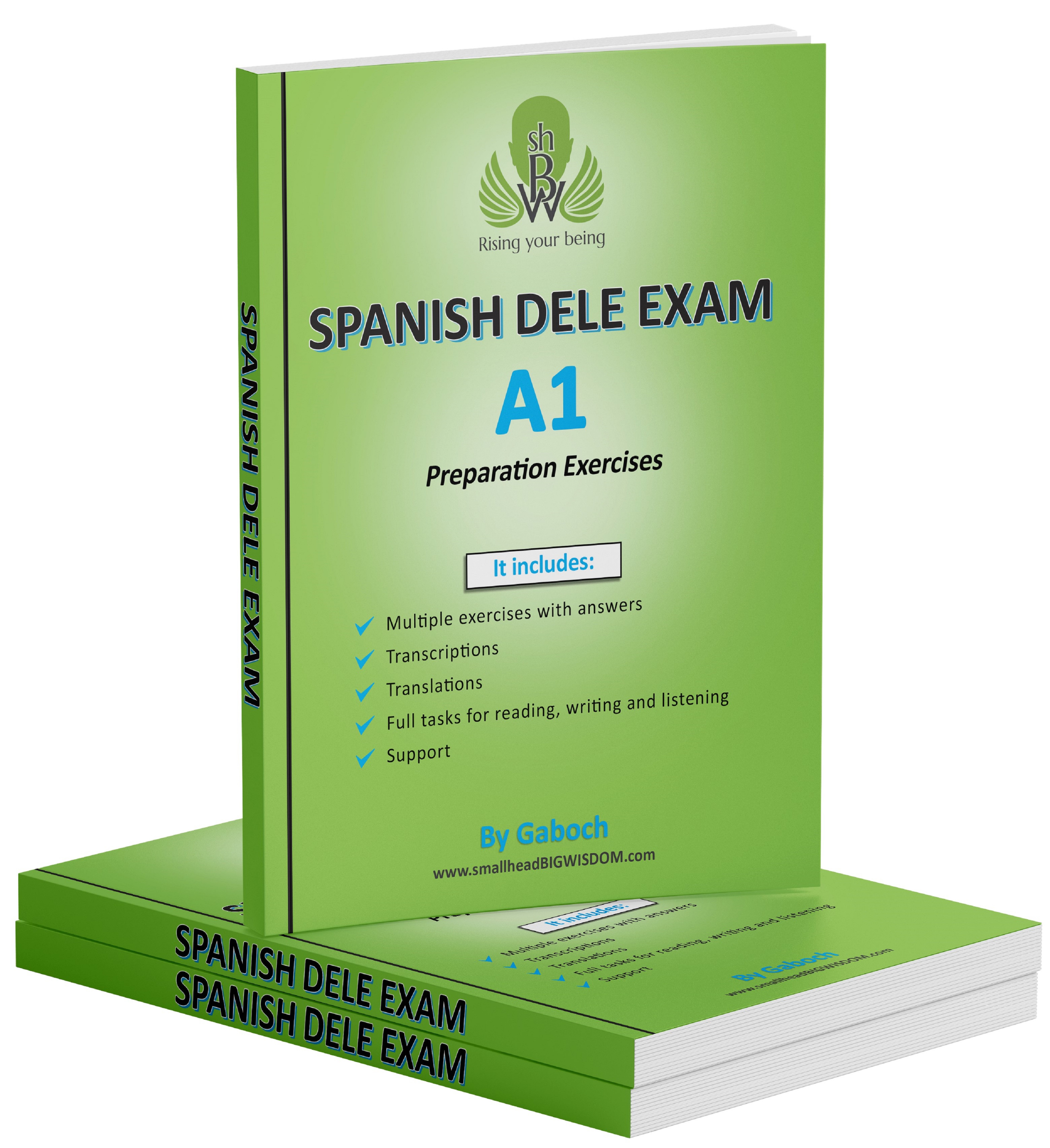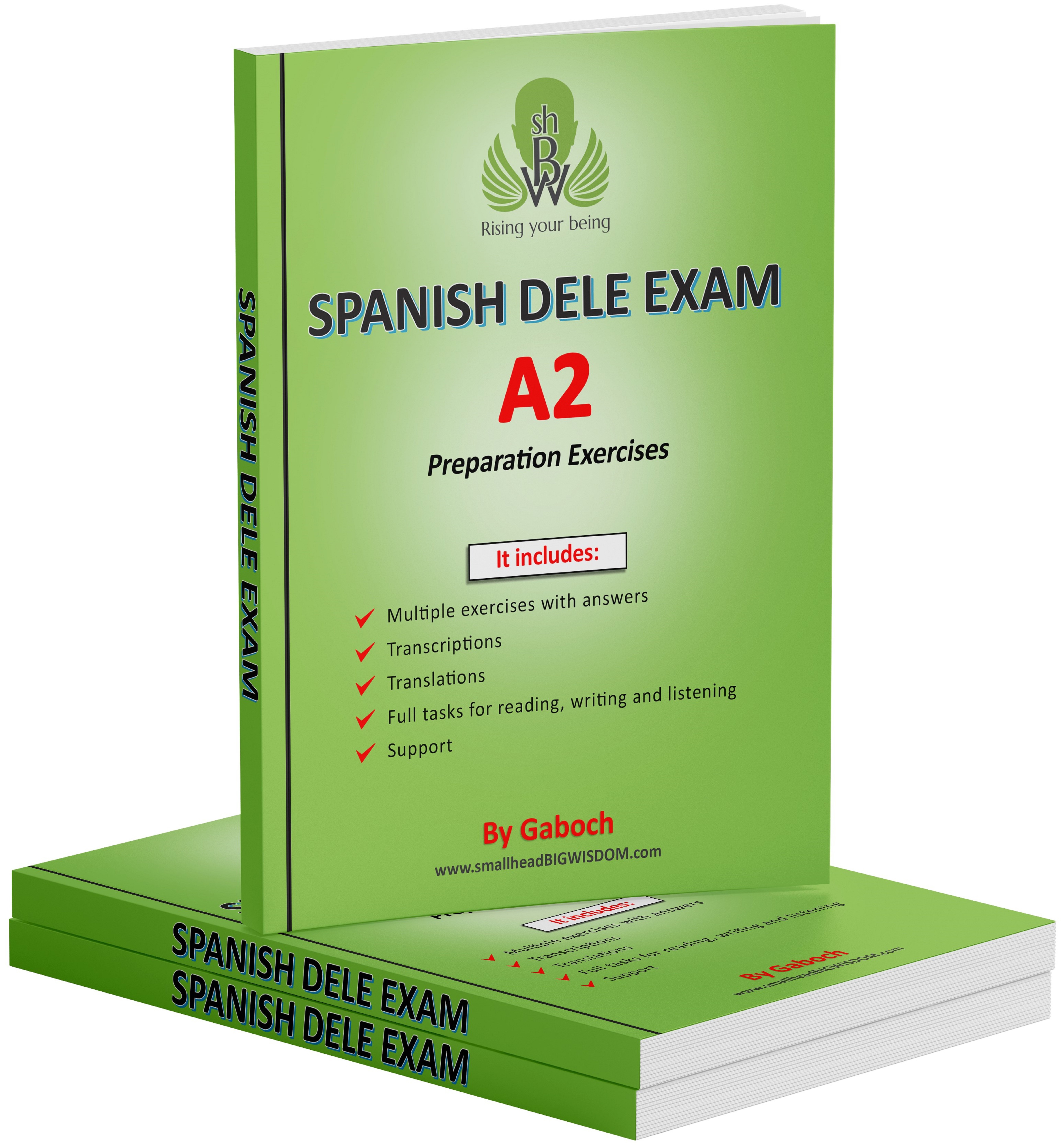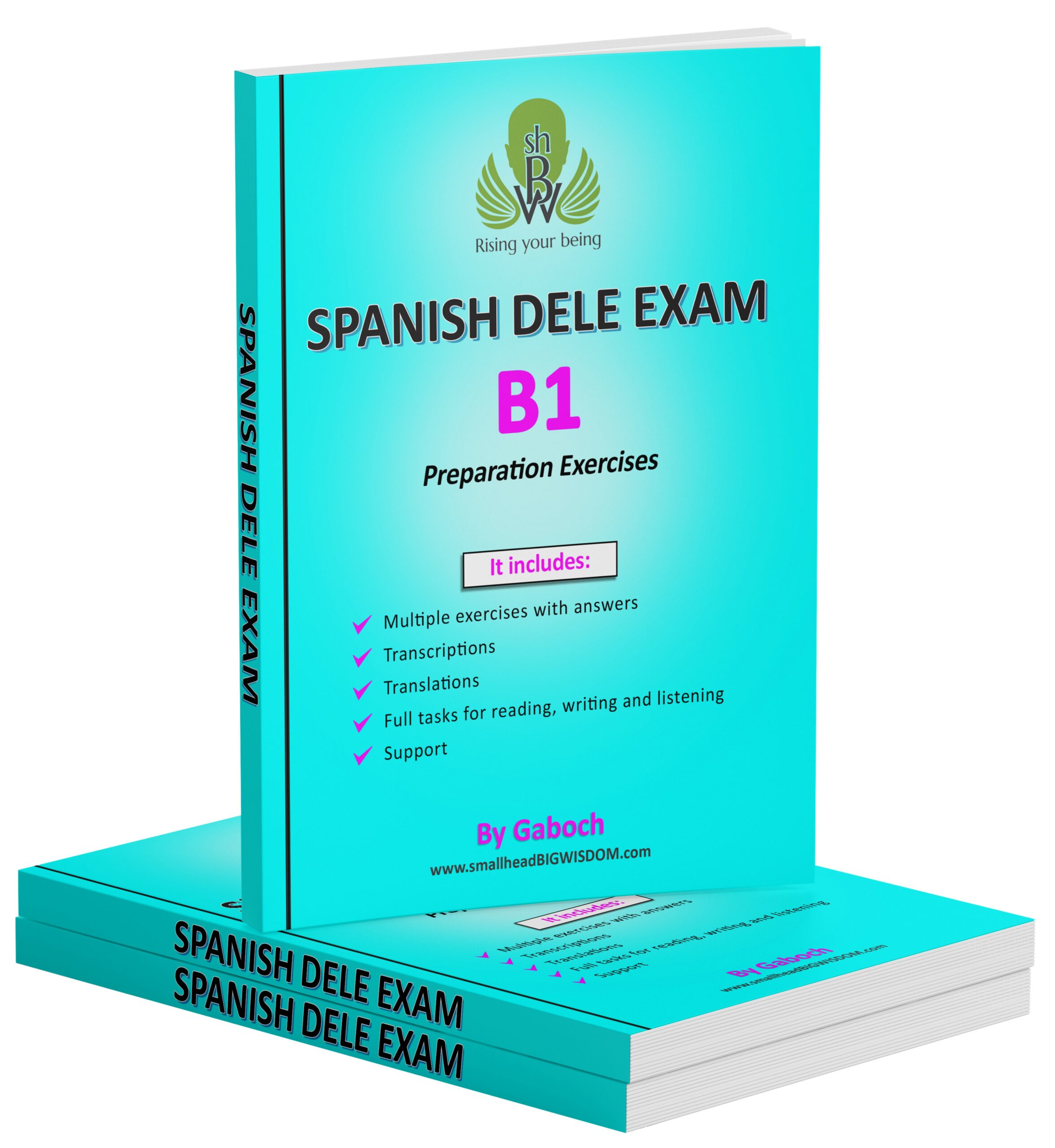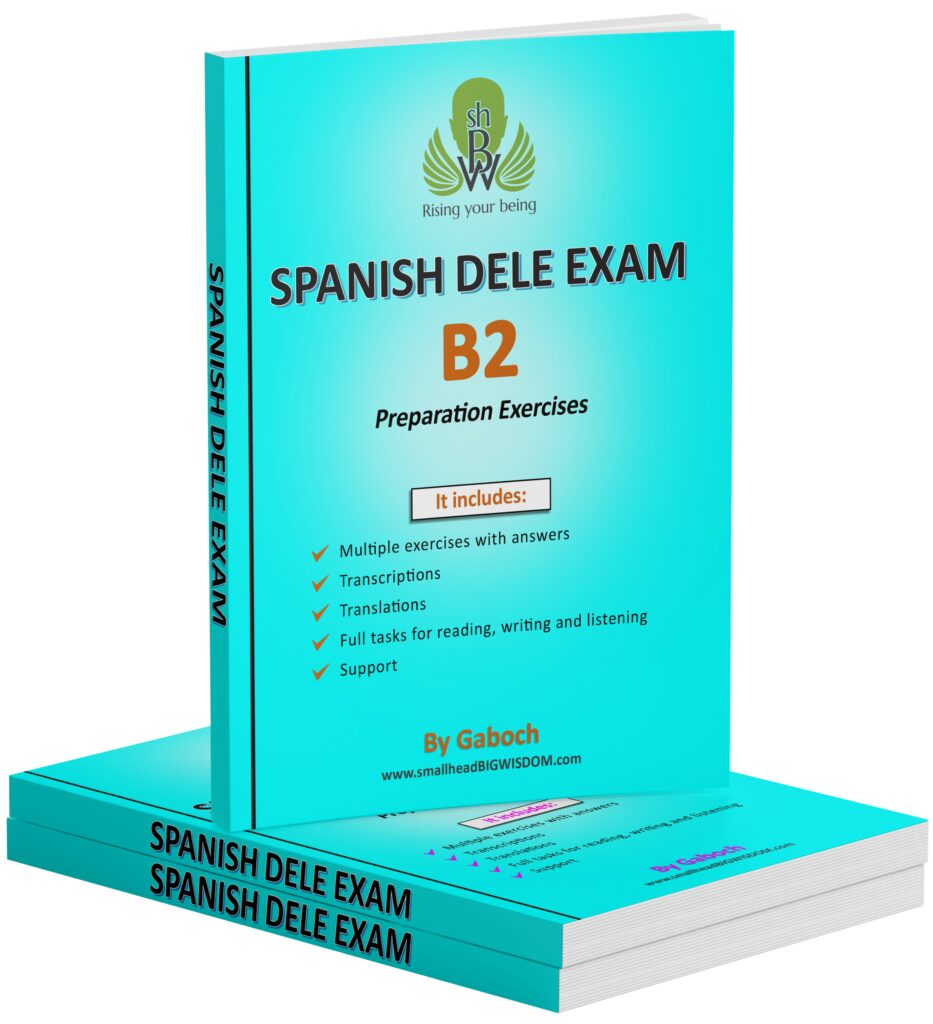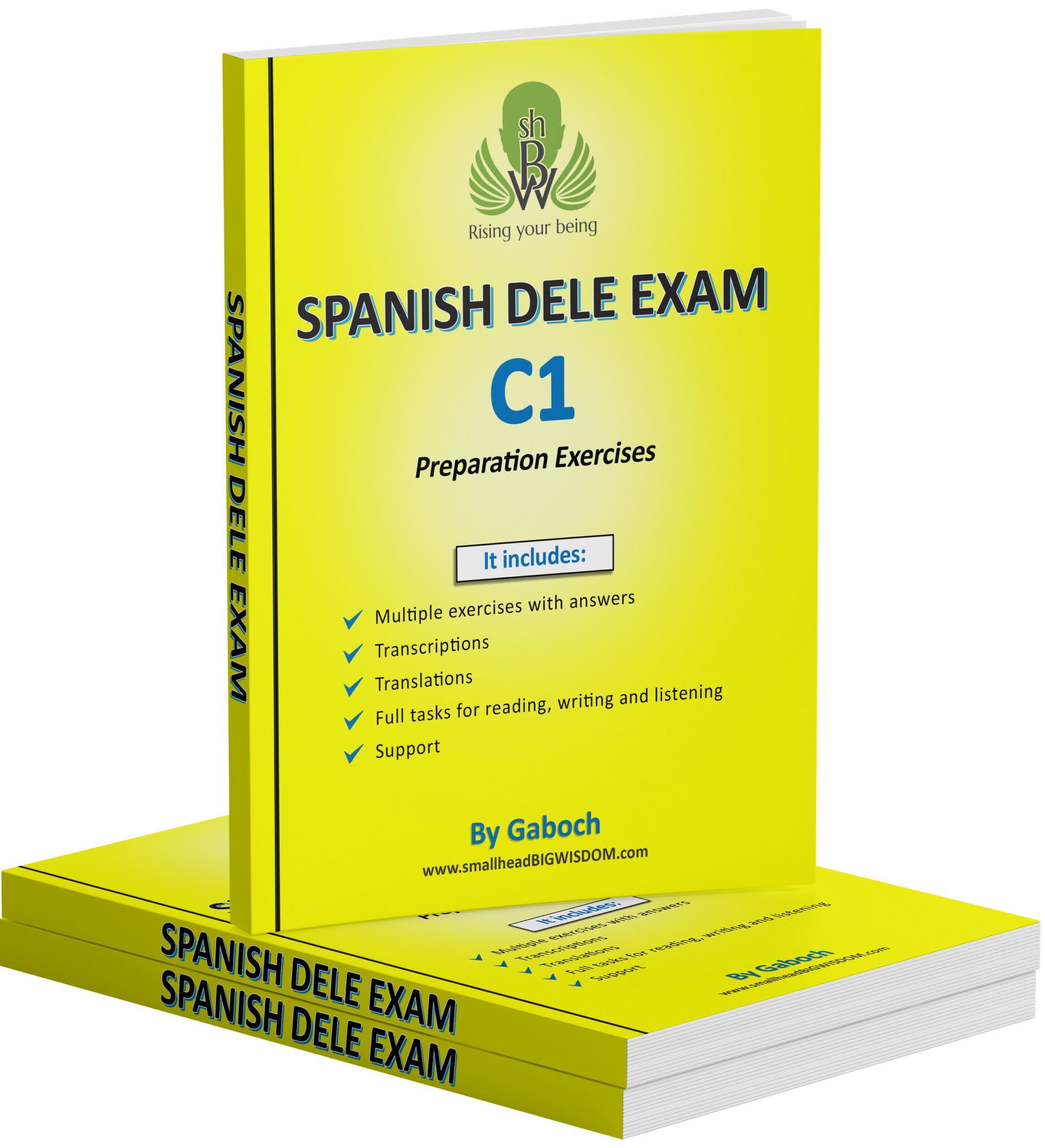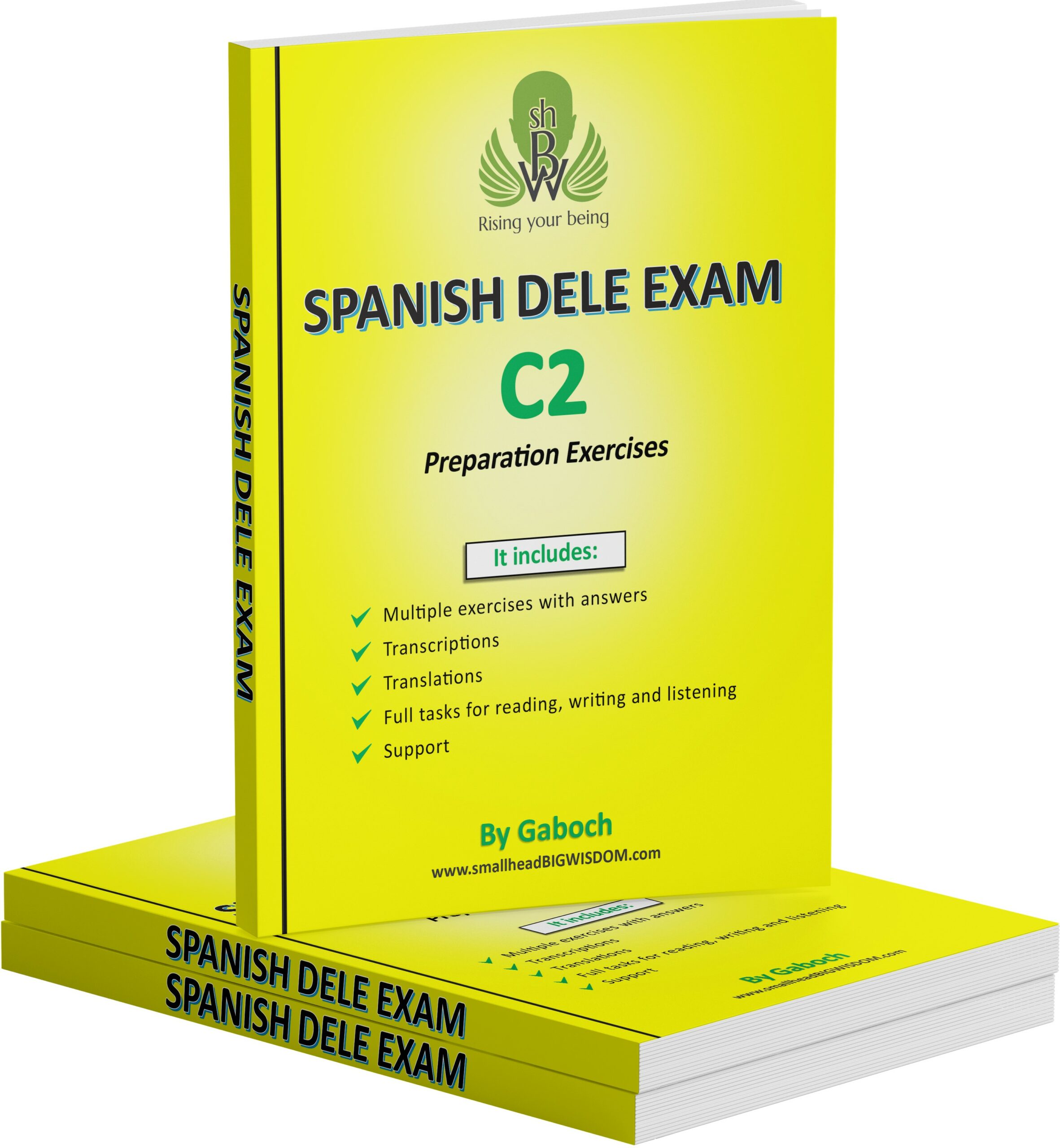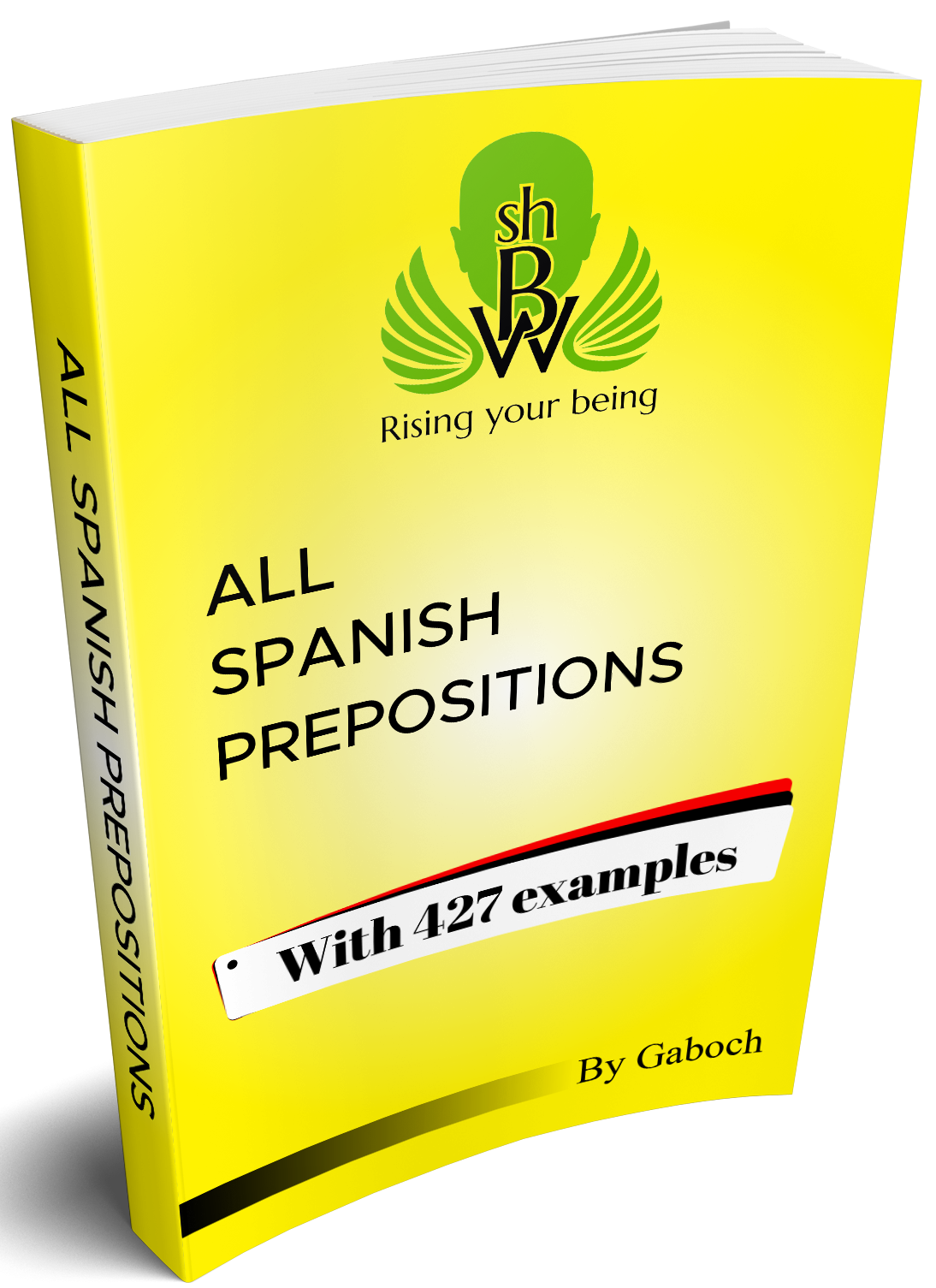smallhead BIGWISDOM
Rising your being
Definite articles in Spanish
Definition of article
Article is a word that is linked to nouns and its grammatical function is to give specificity to those nouns rather than describing them.
The definite articles in Spanish
Singular | Plural | |
Masculine | el Example: el caballo | los Example: los caballos |
Feminine | La Example: la manzana | Las Example: las manzanas |
Usage:
- When it is referring to something definite and specific.
- Ana recibió la carta de su hijo menor (Ana received the letter from her youngest son)
- El gato de Juan es blanco (John’s cat is white)
- El periodista no pudo ir a la reunión de anoche (The journalist couldn’t attend last night’s meeting)
- When it is referring to something definite but not specific.
- Estamos buscando a la persona ideal para este cargo (We are seeking the ideal person for this position)
- El triunfador recibirá 2 millones de dólares (The winner will receive 2 million dollars)
- With elliptical sense (with something known)
- Hay dos libros sobre la mesa. El mío es el rojo (There are 2 books on the table. Mine is the red one)
- Tu falda es hermosa. La de tu hermana también (Your skirt is beautiful. Your sister’s as well)
- With acronyms either masculine or feminine depending of the main noun gender
- El SELA inició sesiones hoy. (SELA = Sistema Económico Latinoamericano y del Caribe. The word “Sistema” is masculine) (SELA started its sessions today)
- La ONU organizará un evento cultural (ONU = Organización de las Naciones Unidas. The word “Organización” is feminine) (UN will organize a culture event)
- To name specific letters of the alphabet
- La segunda “á” en mamá debe llevar tilde (The second ‘a’ in the word mamá must have written accent)
- Antes de la “p” en “campo”, debes escribir una m (Before ‘p’ in ‘campo’, you must write ‘m’)
- To refer to specific people by their last names
- Los Torres viven cerca de aquí (The Torres live nearby)
- Carlos es el Durán que vimos anoche (Carlos is the Durán we saw last night)
- With specific continent names
- El África de hoy aún vive en la pobreza (The Africa of today still lives in poverty)
- La Europa del siglo pasado sufrió muchas transformaciones (Last century’s Europe underwent many transformations)
- “a” + “el” are contracted as “al” (with a few exceptions)
- Ella visitó al doctor la semana pasada (She visited the doctor last week)
- Los niños entraron al salón (The kids entered the classroom)
- “de” + “el” are contracted as “del” (with a few exceptions)
- Este requisito es parte del contrato (This requirement is part of the contract)
- Ese auto es del hermano de Lynn (This car belongs to Lynn’s brother)
- With unique nouns
- El sol casi siempre sale a las 6 am (The sun almost always rises at 6 am)
- El planeta tierra podría desaparecer (The Earth planet could disappear)
- With restrictive modifiers
- Le dieron a ella el recibimiento de siempre (They gave her the usual reception)
- El restaurante sirvió la cena habitual (The restaurant served the habitual dinner)
- With deictic sense
- Prohibido beber alcohol en el autobús (Drinking alcohol on the bus is not allowed)
- No uses el celular cuando conduzcas (Do not use your mobile phone when driving)
- With anaphoric sense
- ¡Trae la llave por favor! (Bring the key please!)
- El gerente no vino hoy (The manager did not come today)
- With endophoric sense
- Juan le dio a su hijo todo el dinero que había ahorrado en la última semana (John gave his son all the money he has saved for the last week)
- Robert renunció al trabajo después de 5 años de dedicación (Robert resigned to his job after 5 years of dedication)
- With the days of the week and time (with a few exceptions)
- El lunes es festivo (Next Monday is a holiday)
- La conferencia empezó a las 5 de la tarde (The conference started at 5 pm)
- El almacén tiene algunas promociones los martes (The store has some promotions on Tuesdays)
- With dates (with a few exceptions)
- Ellos empezaron a estudiar el 2 de febrero de 2050 (They started to study on February 2, 2050)
- Llegaron el día 24 de abril (They came in April 24)
Get the book about 1100 English-Spanish Cognates!
Bonus: Audio pronunciations
Get it now!
(See Table of Content)
